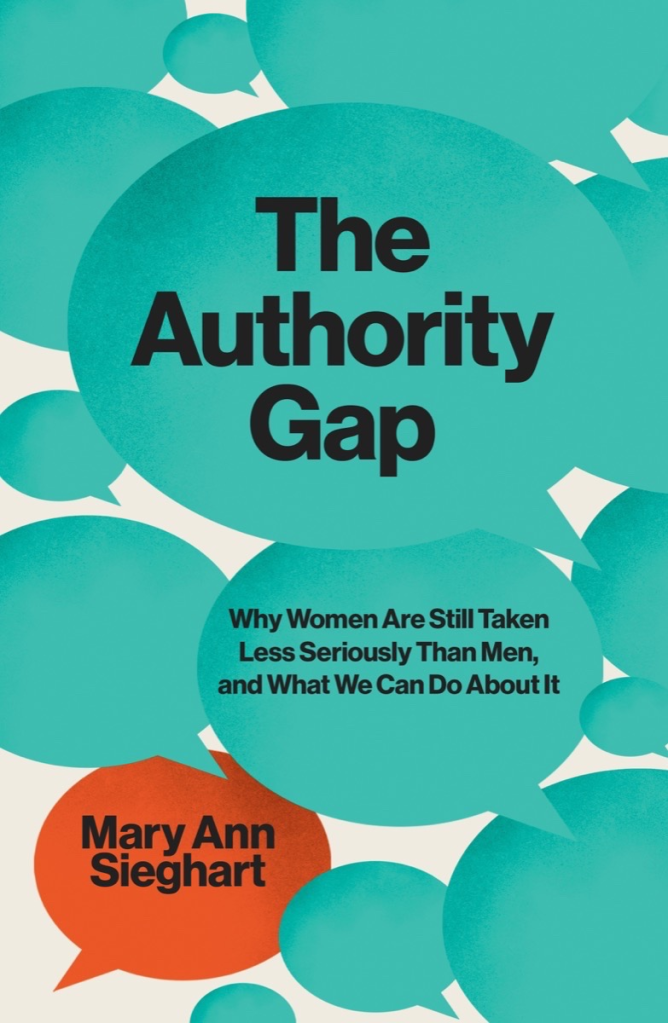So this is how it works.
- Meg Bear

- Aug 30, 2024
- 3 min read
Updated: Jan 13
When I was around six years old, I became aware of gender imbalance. I wasn’t particularly surprised or upset, in fact, I remember feeling enlightened, I made a mental note along the lines of “ah… so this is how it works".
I was in first grade and we were doing some kind of drawing assignment. My drawing was objectively shit. The boy sitting next to me also had a crappy drawing. This is not false modesty or me being a harsh grader, just a fact. Neither of us had any real talent for drawing. That was fine, talent wasn’t required, only crayons and paper. When we were almost done, the teacher came by and proceeded to rave to the boy about his work. I recall being a bit surprised and taking a moment to triple check. Was his work really any good…. nope, still crap.
In that moment, I deduced one of two possible things, either the teacher was working extra hard to be nice to the kid, or that boys were measured easier than girls. I suspected that it was a bit of both. This kid was clearly not achieving much of anything else, maybe art was really the best of his skills, so best to say something nice. Now I know what you are thinking, that is pretty harsh. I want to give myself props for not saying any of this out loud for more than 45 years. I was a pretty wise six year old.
I realize now that what I was really observing was the reality that early elementary school significantly advantages girls. I was also observing the hard work that teachers do to help students thrive in these early grades.
But here is the most interesting bit – there is real data that shows when teachers believe in kids abilities performance is improved and I know this isn’t just true in early education. When we go through life with an expectation and belief that we have ability we tend to rise to the occasion.
I’m reading this book right now, a frustrating topic to be sure, that reminded me of this experience.
I talk a lot about the bias tax that gets in the way of opportunity. When we underestimate potential we squander opportunity. When we believe in people, we can help them believe in themselves. The reality today, is that most of us are conditioned to see more potential in men than women. What an incredible waste.
I have been fortunate to have lived many contexts early, and to be inclined to apply a very analytical lens to my experiences. It gives me [some] ability to detach from the emotion and to reflect on the systems.
When we start to understand the compounding benefit of being taken seriously it is easy to see how important this is to unlocking growth. It’s easy to be discouraged or feel sorry for yourself when there are extra barriers or hardships and it’s really hard to not get frustrated at structural inequity but in the end it’s not about you the singular – it’s about the difference we each make to unlock potential in each other.
You see, this story was not about inequality at all, it was a lesson in kindness and efficacy. It is a story about the importance of seeing early potential and helping others see it in themselves. Understanding that each of us needs someone in our corner who sees us and believes in our future. That teacher was not delusional, that teacher was a hero. Each of us has the opportunity to be a hero to someone – to help them see potential in themselves that they can unlock.
This is our purpose, this is my purpose – to break patterns of limiting beliefs and to admire out loud those who invest their time and effort to help others achieve their full potential. The future is watching and how we talk about this matters. Let’s be honest about the hard reality of intersectionality while continuing to celebrate our progress.
Recognizing potential will help us all and the stakes are much higher than art-ability.







Comments